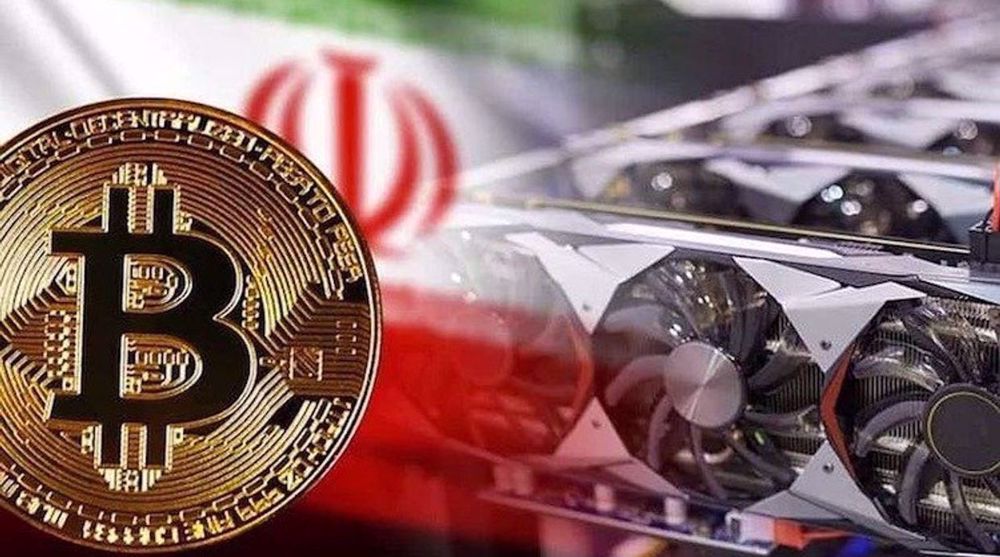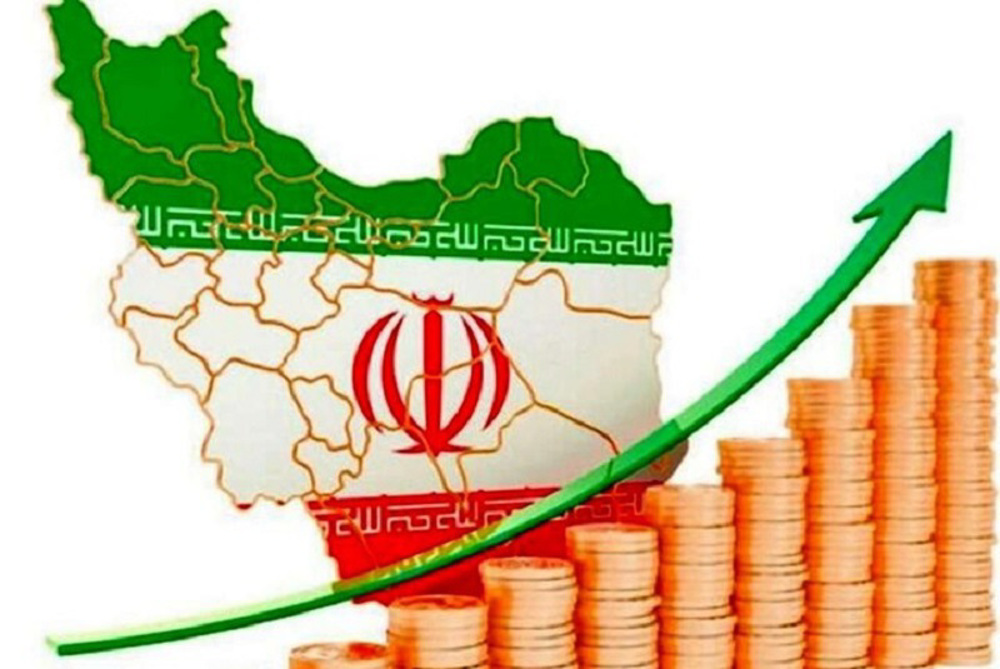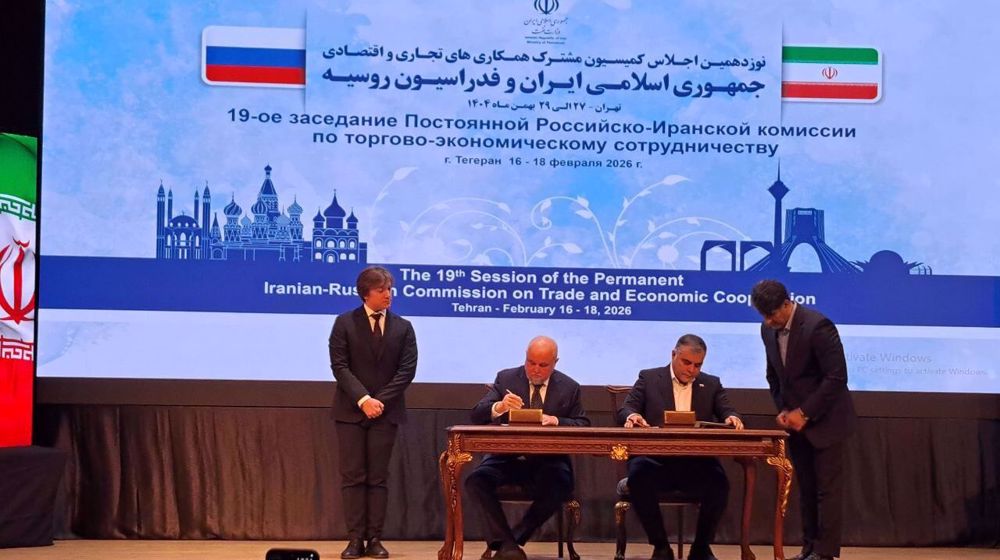Risks and rewards of digital currency market in Iran
What we know today as cryptocurrency and the crypto industry has been associated with volatility and speculation, including the more unsavory side of finances such as money laundering, tax evasion and purchases of illegal goods.
The initial idea of cryptocurrency dates back to the late 1980s. However, it was in October 2008 when Satoshi Nakamoto presented the idea of Bitcoin and the peer-to-peer electronic system, and the first block of the blockchain network was mined in January 2009.
After the development of blockchain technology and the growth of the crypto industry, regulators around the world scrambled to control the fledgling industry. Some countries had a welcoming view from the outset and considered the field as a new opportunity for development. The United Arab Emirates was one of the first countries with an opportunistic view that hopped on the bandwagon, rushing through a raft of laws which made it possible for investors to trade in digital currencies.
The Dubai Financial Services Authority (DFSA) has devised crypto-friendly regulatory frameworks. Both in its Initial Coin Offering (ICO) policies and in the development of regulations governing cryptocurrency trading platforms, Dubai has actively facilitated investment in digital currencies.
The situation in Iran has been a bit convoluted. Some statistics indicate the operation of 12 to 15 million Iranians in the cryptocurrency market, which mainly includes retail investors and ordinary people on the street and the markets. The most comprehensive report of digital currency published by a specialized media outlet this year shows that digital currencies are the third choice of Iranians for investment.
Cryptocurrency exchangers both use domestic platforms - which are not few - and foreign platforms for investing. According to an annual report, digital market investors in Iran are mostly in the age range of 35 years and geographically scattered throughout the country.
Many users are attracted to foreign platforms because domestic restrictions and the slow process of legislation leave them with few other viable options. Foreign platforms also appeal to users since they do not require authentication, or the depth of market data.
However, the migration of Iranian users to foreign platforms is not just a matter between domestic and foreign businesses. The issue takes serious dimensions when the Iranian property on a foreign platform faces the risk of sanctions, or becomes the target of fraud, hacking of data and property, leaving the users in the lurch without any recourse to justice and recompense and as a result, the property is lost.
There is even a much bigger risk. When an Iranian has an account on a foreign platform, the information of Iranians on a macro level is shared with the owners of the platforms, which can lead to serious security breaches at the national level.
Legislation is always a logical solution to protect the rights of users and other parties and create transparency. Not long ago, the Central Bank of Iran unveiled the financial technology (fintech) roadmap in a bid to set out both transparency and regulatory measures in digital trade.
Abbas Ashtiani, the CEO of Blockchain Association, believes restrictions and transparency do not go hand in hand. Restrictions basically prompt users to migrate to illegal channels, where they run the risk of having their information and property compromised.
“Laws should protect user rights and accommodate the views of legislative and regulatory bodies at the same time. When we approach an issue from a negative perspective, we only make it go underground, rather than become transparent,” he says.
“What a user of the domestic platform needs is to ensure that his property is protected under the law. Regulatory bodies can then rest assured that the users' information will not leave the country and will not be misused.”
According to Ashtiani, restrictions such as the deposit limit set for users of domestic cryptocurrency platforms under the fintech roadmap document will not only fail to protect user rights, but they will also lead to a situation where legal bodies will lose the visibility of the market, and concede relevant opportunities for development to other countries of the region.
In countries such as the UAE, Malaysia, Canada, Japan and France, which have a more progressive cryptocurrency environment and tried to take advantage of the opportunity for economic development and attracting capital, their ministries of economy and even the stock exchange organizations have intervened to regulate the blockchain market.
Iran can take a cue from these experiences to develop the industry, provided that it takes the concerns of legislative bodies and transparency requirements into account. Otherwise, unprofessional and restrictive regulations will draw Iranian users to non-transparent cryptocurrency exchange methods such as underground, insecure and non-transparent foreign platforms, where any visibility of the market is impossible.
OIC welcomes Oman-mediated Geneva talks between Iran, US; warns against use of force
VIDEO | Campaign to boycott Israeli ‘apartheid dates’ in UK intensifies during Ramadan
VIDEO | Pakistan launches Operation Ghazab lil-Haq after Afghan border firing
VIDEO | Pakistan condemns Israel’s expansionist agenda in Palestine at OIC
Rubio warns US envoys against undermining Trump’s pressure campaign targeting Iran: Report
Iran, Qatar stress continuation of diplomacy towards preserving regional peace, stability
Majority of Americans support Palestinian state as Israel backing declines sharply: Poll
New Israeli strikes kill more Palestinians across Gaza in 'serious violation' of ceasefire










 This makes it easy to access the Press TV website
This makes it easy to access the Press TV website